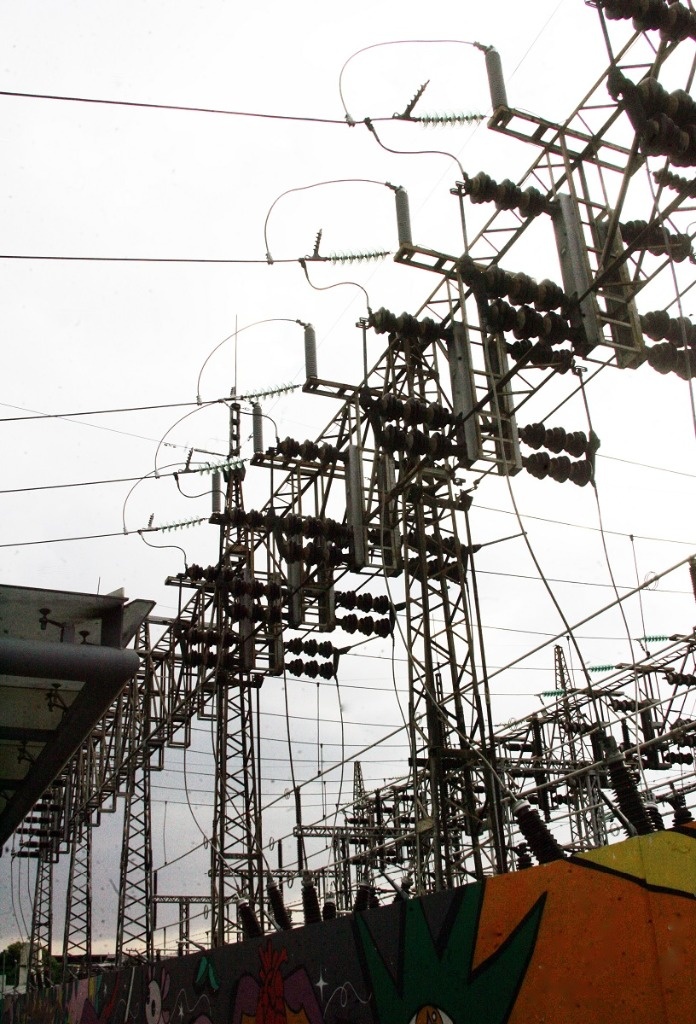Mexico City. The positive or negative impacts that may be generated by the constitutional reform that returns Petróleos Mexicanos (Pemex) and the Federal Electricity Commission (CFE) to their status as public companies cannot yet be known, since “it is early” to estimate it, experts from the Mexican Wind Energy Association (AMDEE).
“It is really still too early to know what the consequences of these changes are. We (private firms) are attentive to the next steps and we extend a hand to the federal government to collaborate in whatever is necessary to help Mexico reach the goals it has set for clean energy,” said Irene Arranz, specialist in the sector, after the decree on strategic areas and companies was published.
Renata Herrera, a lawyer in the energy sector, commented that the private sector is waiting for the federal government to publish the secondary rules on energy storage systems (SAE), after President Claudia Sheinbaum Pardo commented that the private sector, such as Iberdrola (may participate under clear rules (
The AMDEE committee of energy experts pointed out that the amount of investment that private parties would need to participate in energy backup through the storage system is still unknown, as they are waiting for the National Energy Control Center (Cenace) issue the methodology.
They recalled that this entity has up to 9 months to publish the rules after they were published on September 30 by the Energy Regulatory Commission (CRE), that is, in June 2025 at the latest.
They pointed out that it is necessary for the authority to issue the criteria because there will be seen the percentage of requests that the government requests for renewable projects, which is a key element to avoid the intermittency of energy (because solar and wind sources are not produce all day), since these systems ensure reliability in the National Electric System (SEN) and the energy supply.
The AMDEE group of experts commented that as part of its priority agenda in the sector during the energy transition is the reduction of energy poverty, since data from the National Institute of Statistics and Geography (INEGI) indicate that in the country more than 36.7 percent of citizens live in energy poverty, while 4.8 million homes heat water and food with firewood or coal, without being able to access modern fuels for cooking food and, when they do, they pay more than 10 percent of their income from the service.
The Committee of Experts proposed solutions ranging from self-consumption in rural areas to the implementation of energy efficiency standards throughout the country, which includes collaboration with governmental and non-governmental entities to ensure respect and compliance with Human Rights, promote social development in areas with wind farms in coordination with federal and local governments, and promoting community resilience with cultural relevance.
The Agenda also highlights the need to modernize transmission infrastructure to optimize the efficiency of renewable energy. “The modernization and expansion of the electrical transmission and distribution infrastructure is essential to facilitate the integration of wind energy into the energy matrix and improve reliability,” they noted.
Although they did not indicate how many kilometers are needed to expand the network, they indicated that for each kilometer an investment of 0.5 million dollars is needed.
!function(f,b,e,v,n,t,s)
{if(f.fbq)return;n=f.fbq=function(){n.callMethod?
n.callMethod.apply(n,arguments):n.queue.push(arguments)};
if(!f._fbq)f._fbq=n;n.push=n;n.loaded=!0;n.version=’2.0′;
n.queue=[];t=b.createElement(e);t.async=!0;
t.src=v;s=b.getElementsByTagName(e)[0];
s.parentNode.insertBefore(t,s)}(window, document,’script’,
‘
fbq(‘init’, ‘133913093805922’);
fbq(‘track’, ‘PageView’);
fbq(‘track’, ‘Contact’);
fbq(‘track’, ‘Donate’);
fbq(‘track’, ‘FindLocation’);
fbq(‘track’, ‘Lead’);
fbq(‘track’, ‘Search’);
fbq(‘track’, ‘Subscribe’, {value: ‘0.00’, currency: ‘MXN’, predicted_ltv: ‘0.00’});
fbq(‘track’, ‘ViewContent’);
#early #impact #energy #reform #Experts
–
